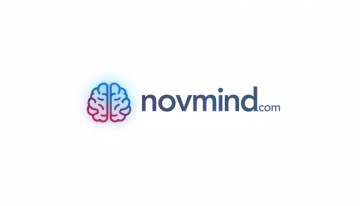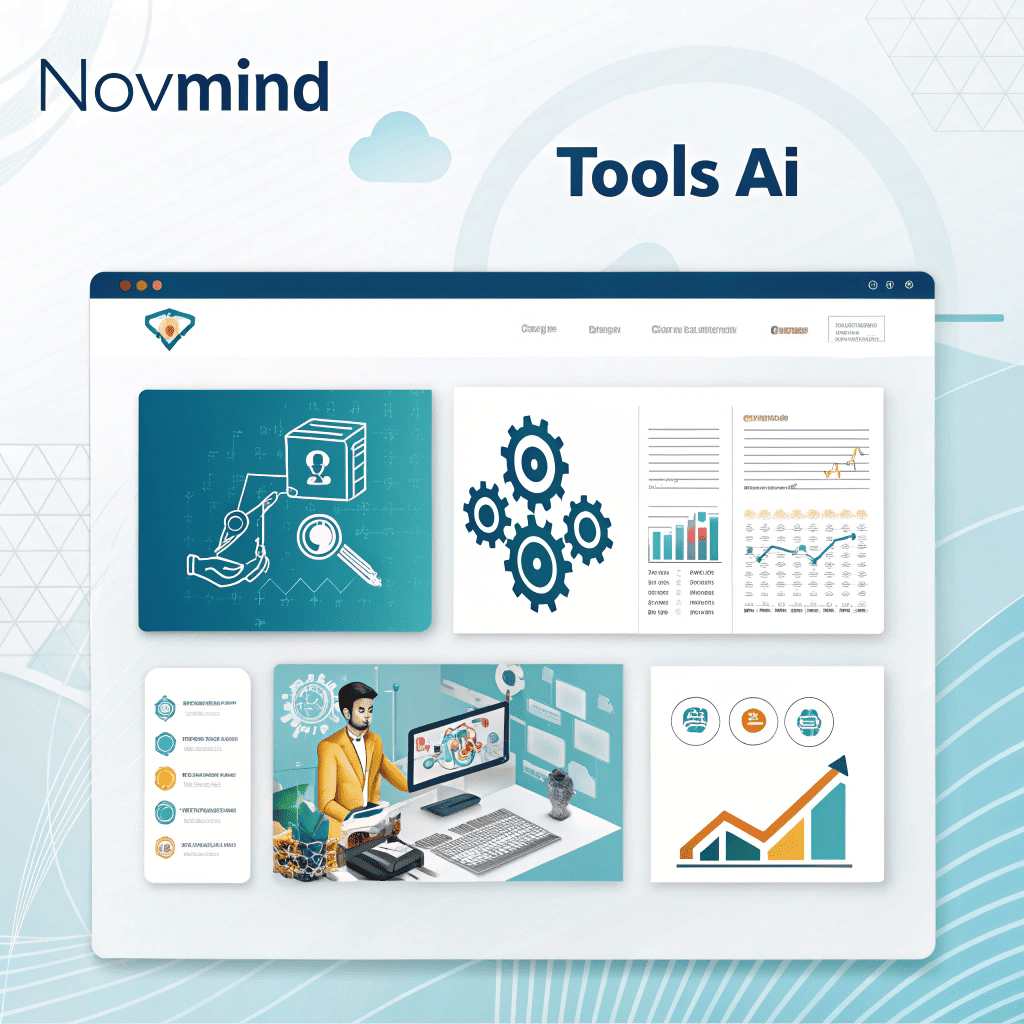Boost Your Brain: AI vs. Old Focus Hacks Compared
Why Focus is Harder Than Ever Today
The Modern Attention Crisis
Have you ever tried to do your homework while also watching YouTube, texting your friends, and checking TikTok? Yeah, it’s almost impossible to stay focused. Our brains are bombarded with so many things at once that concentrating feels like trying to hold water in your hands—it just slips away.
This isn’t just you. Scientists have found that our attention spans have shrunk. Like, really shrunk. Some even say they’re now shorter than a goldfish’s! With so many apps, games, and alerts, it’s no wonder focusing is harder than ever.
The Role of Digital Overload
Every beep, buzz, or ding on your phone is like a mini fire alarm for your brain. It pulls your attention away—even if it’s just a meme or random notification. This constant switching makes your brain tired and lazy. Think of it like switching channels on a TV super fast—eventually, it just gets all fuzzy.
Digital overload doesn’t just mess with your focus—it can actually stress you out. You might feel like you have to check everything, all the time. That’s why it’s important to find ways to control your attention instead of letting your phone do it for you.
Traditional Focus Hacks That Have Stood the Test of Time
The Pomodoro Technique
How It Works
Imagine your brain is a sprinter, not a marathon runner. It works best in short bursts. That’s the idea behind the Pomodoro Technique. You set a timer for 25 minutes, work only on one task, then take a 5-minute break. That’s one « Pomodoro. » After four of them, you get a longer break—maybe 15 or 30 minutes.
Pros and Cons
Pros: Easy to do. No fancy tools needed—just a timer. It helps your brain stay sharp and prevents burnout by giving you breaks.
Cons: Not great if you’re working on something super deep, like writing a long essay or solving hard math problems. Sometimes, just when you’re getting into the zone, the timer rings and interrupts your flow.
Meditation and Mindfulness
Daily Integration Tips
Meditation might sound like something monks do in mountains, but it’s actually really simple. You sit down, close your eyes, and focus on your breathing. That’s it. When your mind wanders (which it will), you gently bring it back to your breath.
Doing this for just 5 to 10 minutes a day can train your brain to focus better. It’s like going to the gym—but for your mind. Over time, you’ll notice it’s easier to stay calm, ignore distractions, and stay locked in on whatever you’re doing.
To-Do Lists and Bullet Journals
Analog vs. Digital Journaling
Writing stuff down helps your brain remember and stay organized. To-do lists and bullet journals are like having a personal assistant in your notebook. You jot down what needs to be done, and then you get the sweet satisfaction of checking things off.
Analog journaling slows you down in a good way. You really think about your priorities. Digital journaling is faster and can sync across devices. Apps like Notion or Todoist can send you reminders so you don’t forget.
The Rise of AI for Focus Optimization
AI-Powered Focus Apps (e.g., Brain.fm, Focusmate)
What Makes Them Unique
AI focus tools are like having a robot coach in your pocket. Apps like Brain.fm use special music that’s been scientifically designed to help your brain concentrate. It’s not just background noise—it’s engineered to boost your attention.
Focusmate pairs you with a real person online, and you both work quietly together in real time. Knowing someone else is also working helps you stay focused. It’s like a virtual study buddy who keeps you on track.
Smart Wearables and Biofeedback Tools
Real-Time Focus Tracking
Devices like Muse track your brain waves and let you know when you’re losing focus. They gently guide you back to the present moment. Smartwatches monitor your heart rate, stress levels, and even sleep patterns to figure out when you’re at your best.
AI-Generated Personalized Schedules
Machine Learning Meets Productivity
AI-powered tools like Motion or Reclaim watch how you work and automatically build your schedule around your habits, priorities, and even energy levels. If you skip a task or get behind, they adjust your plan instantly.
Head-to-Head: AI vs. Old School Focus Methods
Adaptability and Personalization
AI tools are tailor-made for you. They learn what works best for your brain, your schedule, your energy. Old methods are powerful, but not flexible.
Ease of Use and Setup
Traditional focus hacks are simple—no apps or accounts needed. AI tools need setup but do more work for you once they’re ready.
Scientific Backing and Results
Meditation has decades of scientific support. AI tools like Brain.fm are catching up with neuroscience and machine learning research behind them.
The Hybrid Approach: Best of Both Worlds
Combining Mindfulness with AI Tools
Use mindfulness to train your brain and stay grounded, then use AI to guide your daily tasks and keep you accountable. It’s like having a wise old sage and a genius robot on your team.
Creating a Personal Focus System
Start small. Try out a couple of methods. Notice when you’re most focused and what throws you off. Build your system piece by piece.
Common Mistakes When Trying to Improve Focus
Relying Too Heavily on One Method
If you only use Pomodoro but ignore sleep, you’ll still struggle. Mix strategies. Some help you start, others help you finish.
Ignoring Mental and Physical Health Factors
Focus isn’t just mental—it’s physical. If you’re tired, hungry, or stressed, your brain is not going to work at full power. Stay hydrated, get sleep, and move your body.
More Traditional Focus Hacks That Still Work Today
Physical Activity and Movement Breaks
Getting up and stretching or taking a short walk can be a total game changer. Movement increases blood flow to your brain, helping you focus better when you return to work.
Sleep: The Ultimate Focus Hack
When you’re sleep-deprived, your brain can’t focus or remember things clearly. Sleep is like charging your mental battery. Aim for 8–9 hours a night for maximum brainpower.
Exploring Lesser-Known AI Tools for Focus
AI Chatbots as Study Buddies
AI chatbots can explain tricky topics, quiz you, and help you plan. They’re like smart friends who never get tired. Use them wisely to boost your learning without replacing your own thinking.
AI Noise Filters for Distraction-Free Environments
Apps like Krisp block out background noise, making it feel like you’re in a peaceful study space—even in a noisy home. Super helpful during video calls or focused sessions.
Psychological Tricks That Help You Focus Better
Setting Micro-Goals
Break big tasks into smaller pieces. Instead of “Finish project,” write down each step. Every time you complete one, your brain gets a win and wants to keep going.
Reward Systems and Gamification
Add rewards like breaks or treats after completing tasks. Use apps like Habitica to make work feel like a game and stay motivated.
The Role of Environment in Focus Success
Designing Your Ideal Workspace
Create a workspace that feels calm and organized. Clean your desk, reduce clutter, and personalize it with items that help you stay focused.
Digital Environments Matter Too
Organize your computer, close unused tabs, and use focus mode or website blockers to stay on track. Keep your screen free from digital clutter.
Building Habits for Long-Term Focus Growth
The Power of Routines
Build focus routines like morning planning or evening wind-downs. Routines help train your brain to expect focus time, making it easier to lock in.
Tracking Progress and Making Adjustments
Track what works. Use journals or apps to log focus levels and distractions. Review your patterns and keep improving your system.
How Focus Strategies Impact Other Life Skills
Better Focus = Better Grades
When you focus better, you learn more and complete work faster. This leads to better grades, less stress, and more confidence in school.
Confidence, Communication, and Creativity
Focus helps you listen, speak, and think more clearly. You finish creative projects, remember details, and come up with great ideas.

